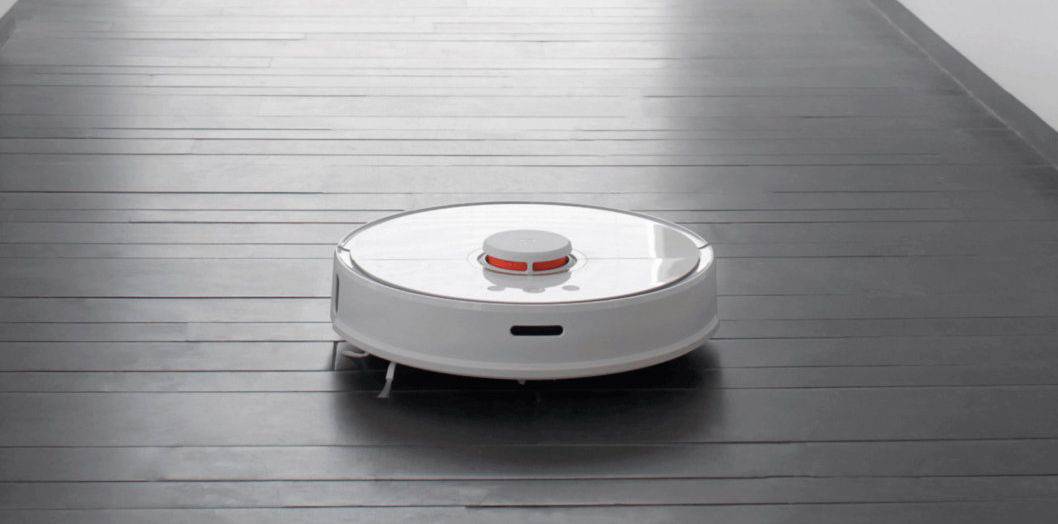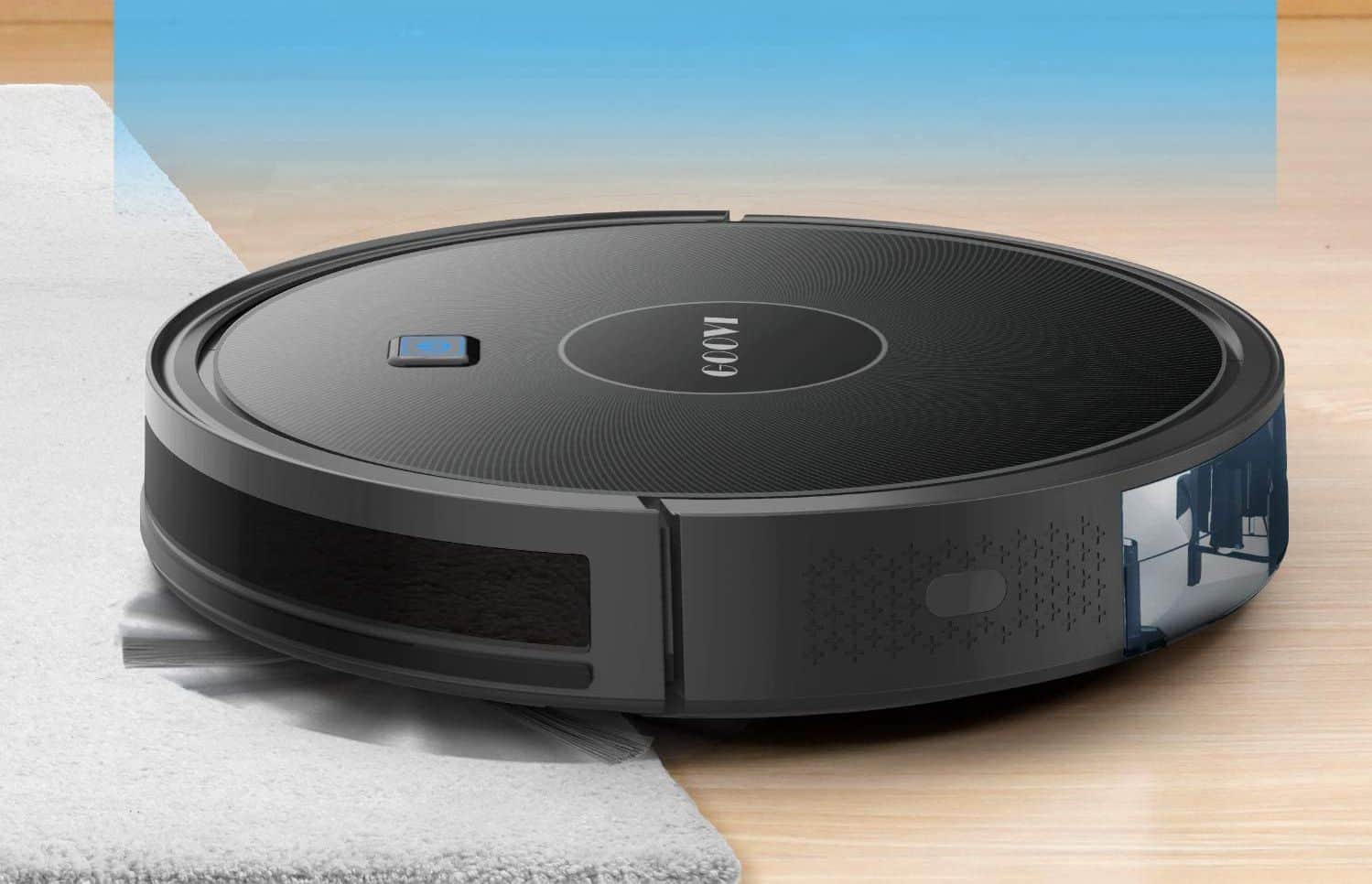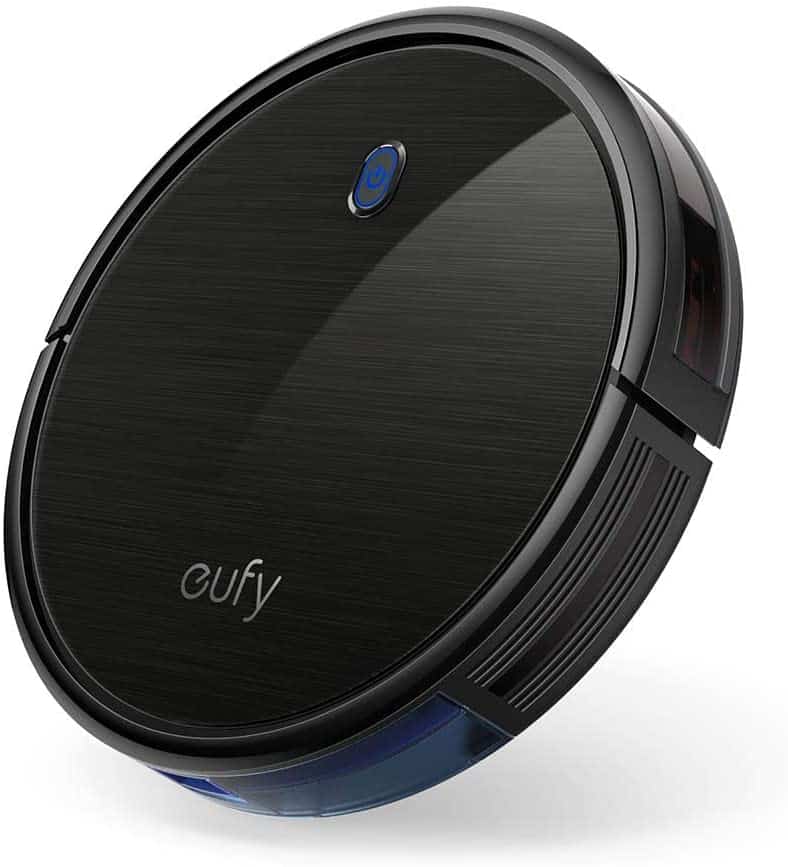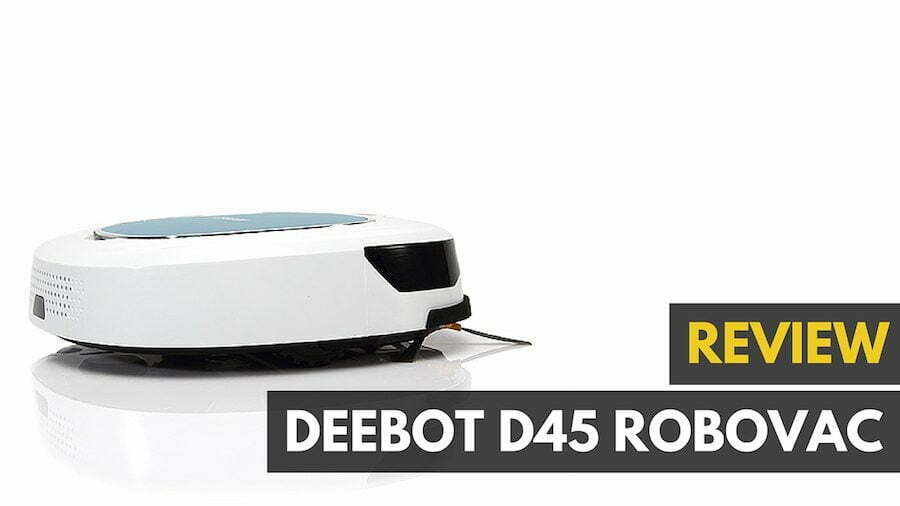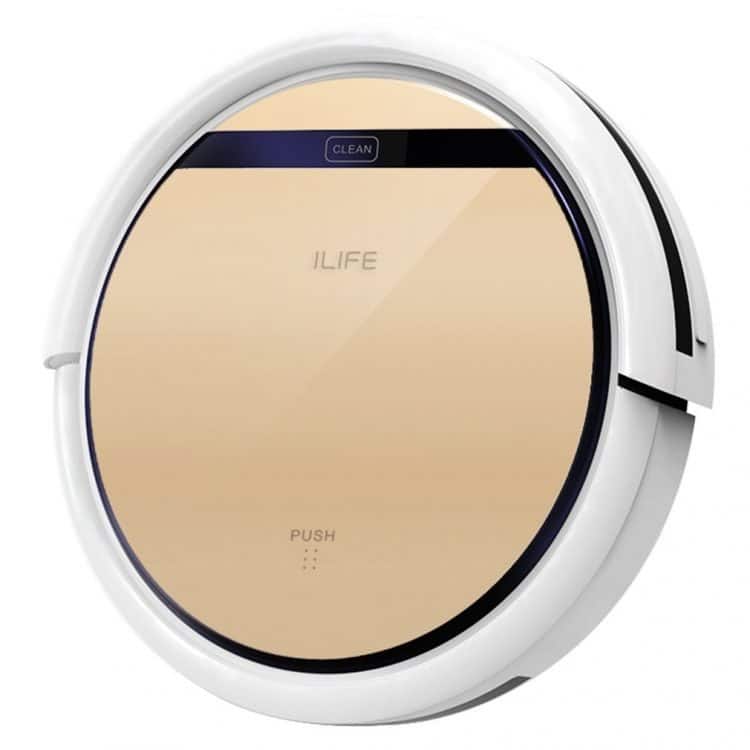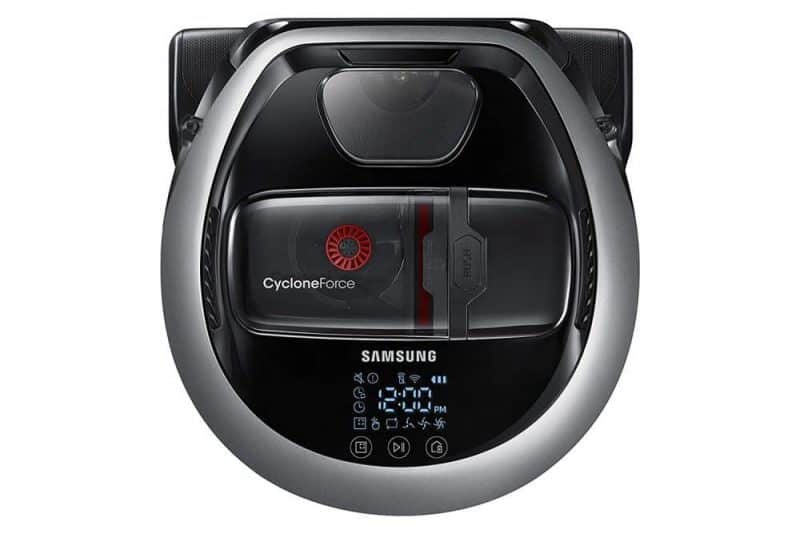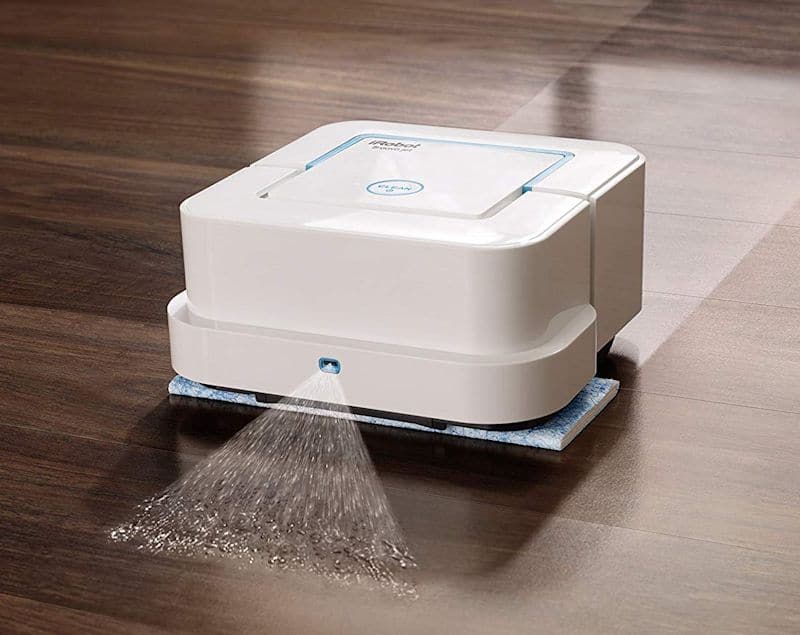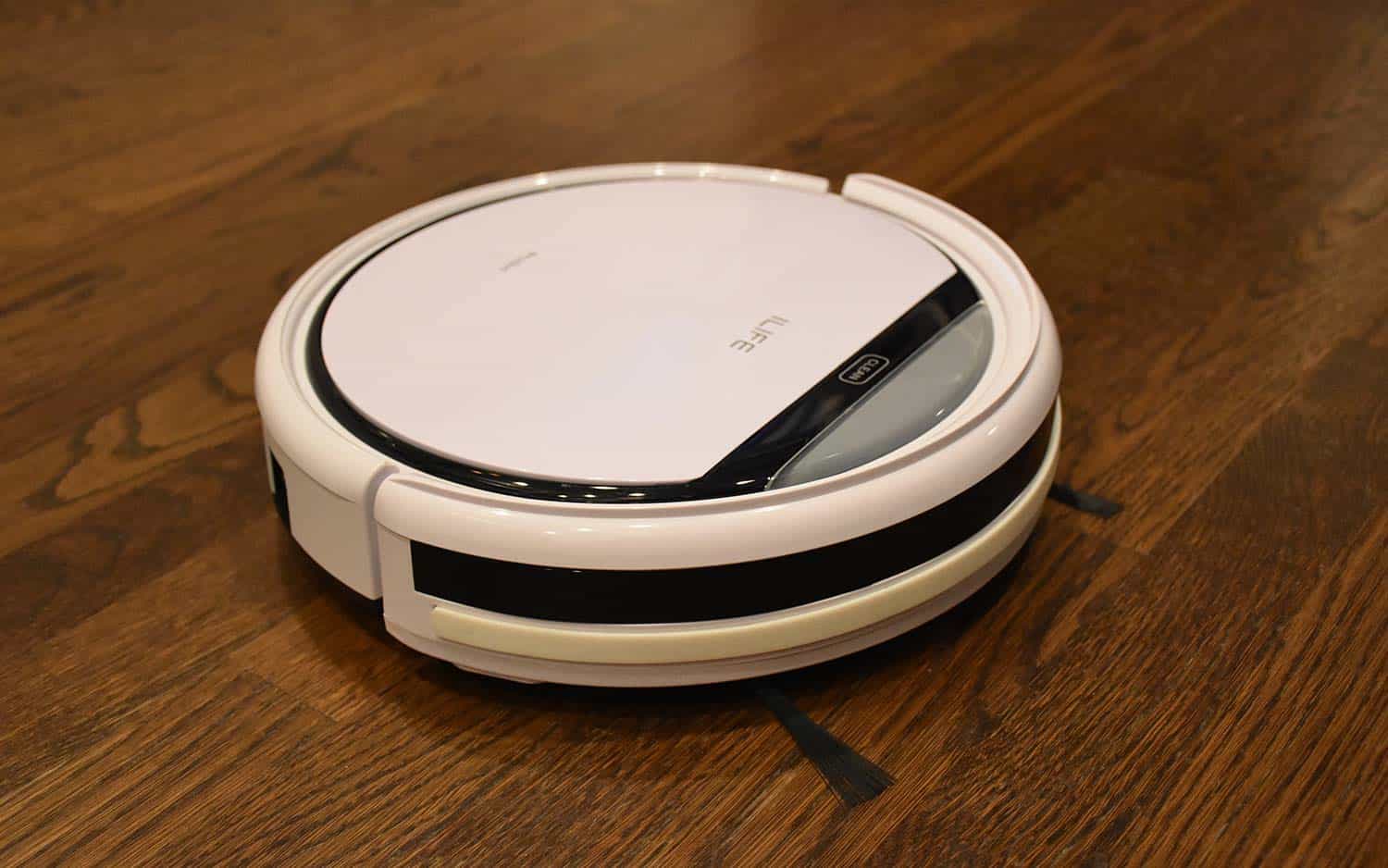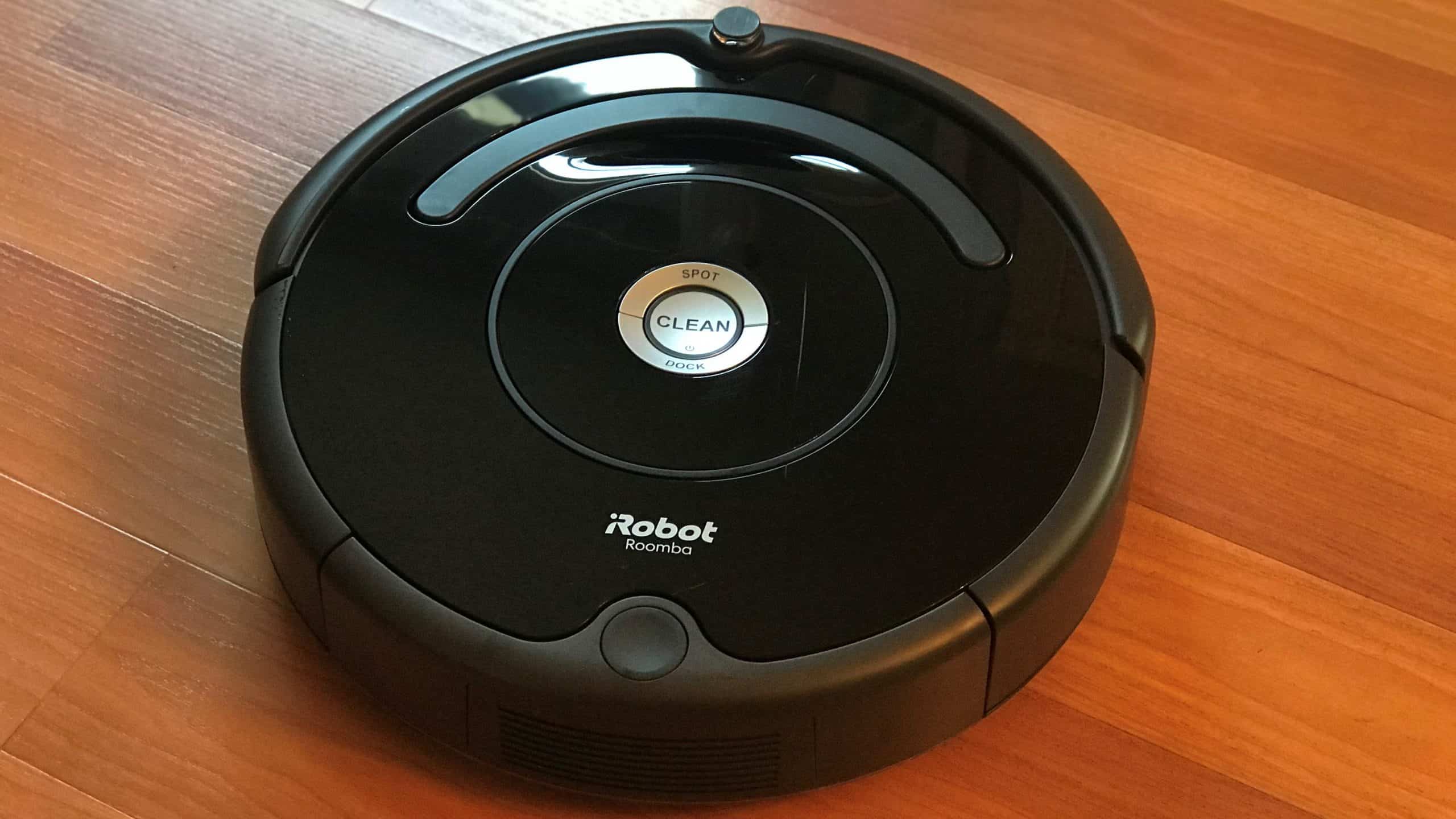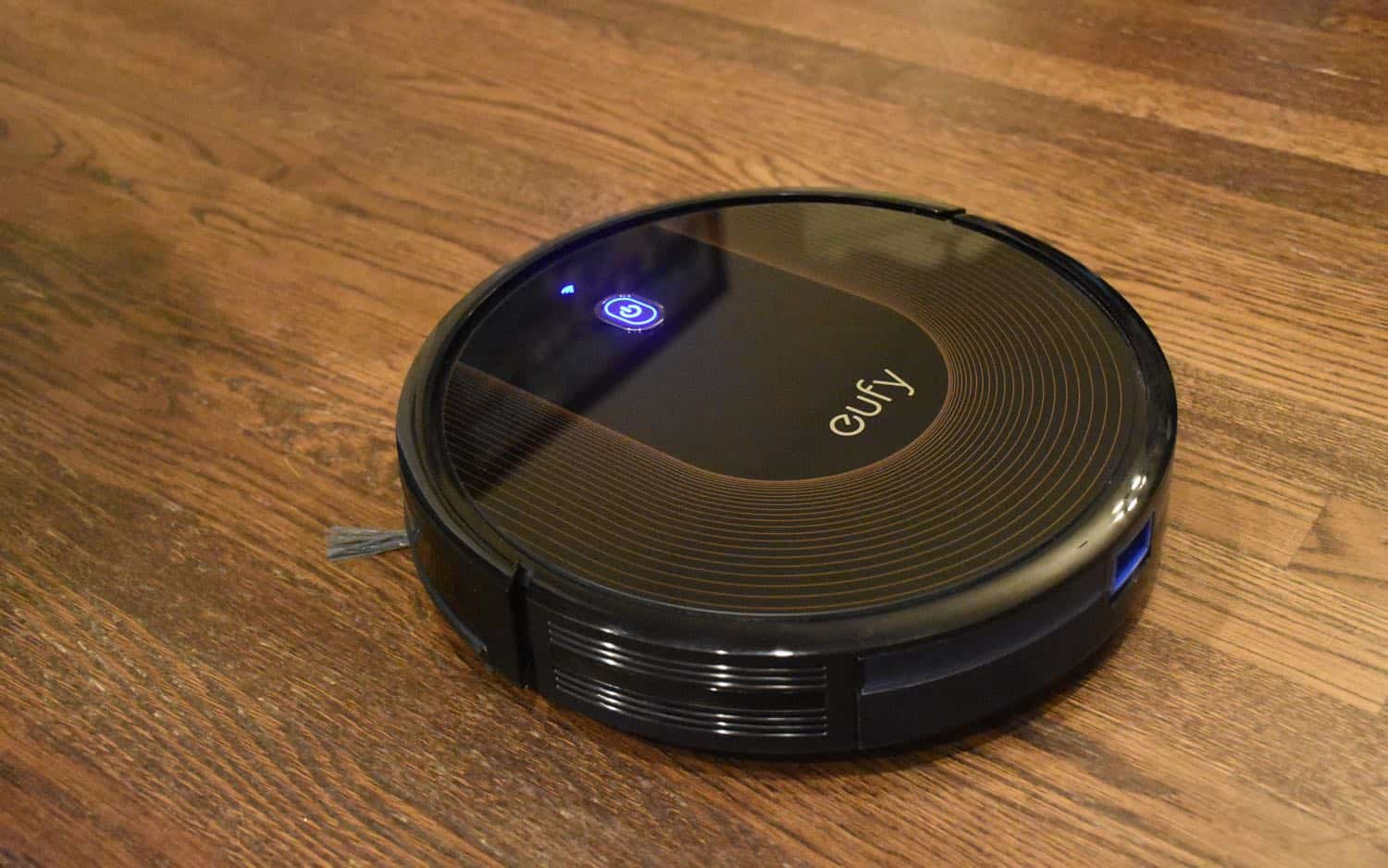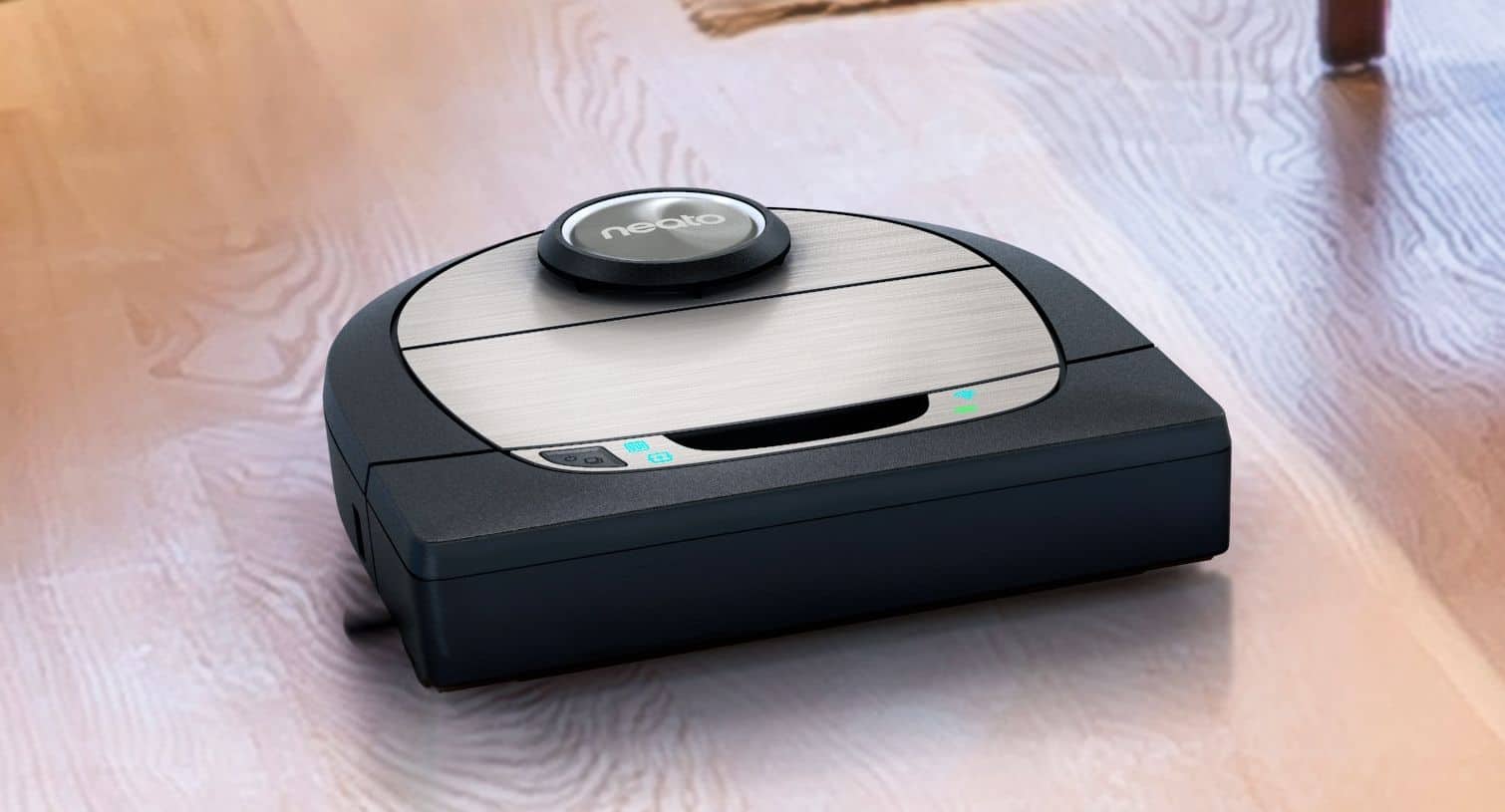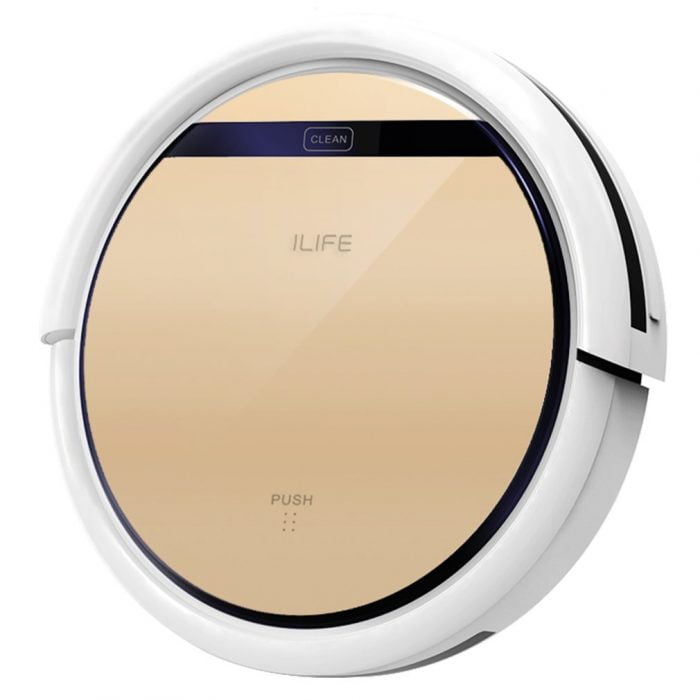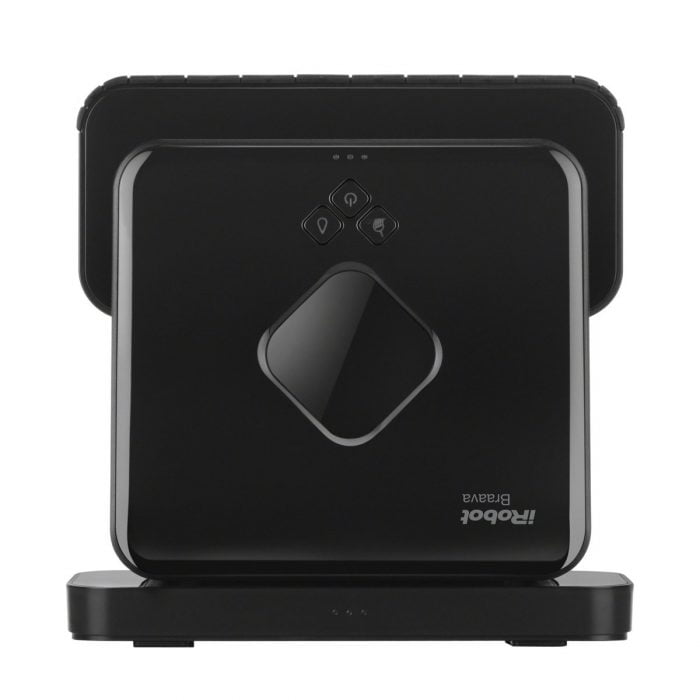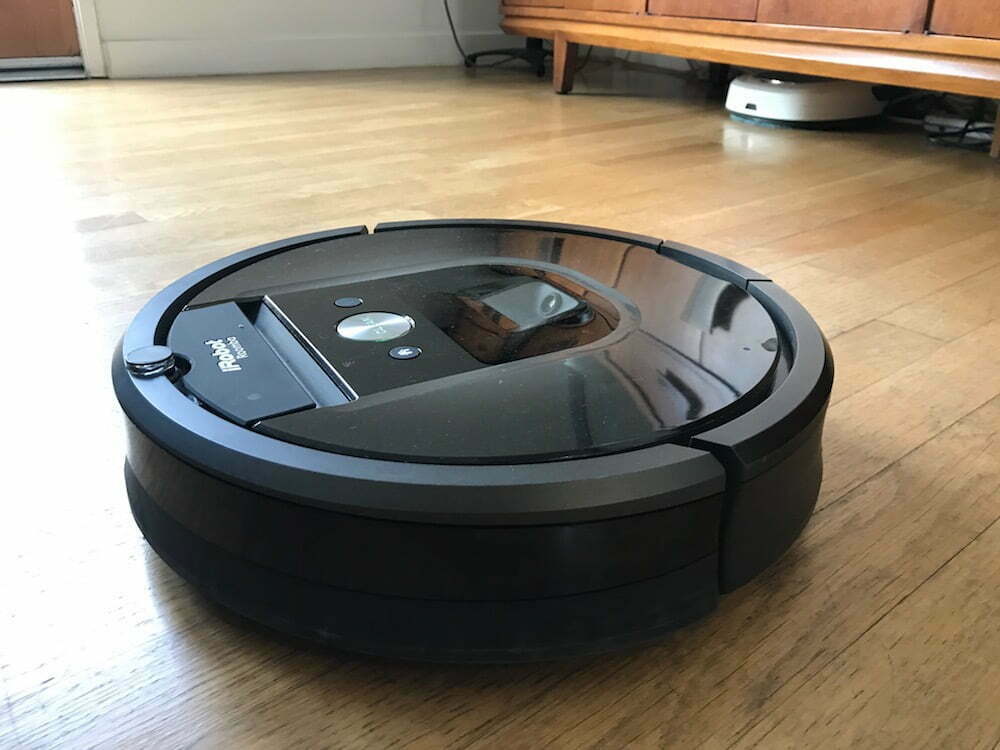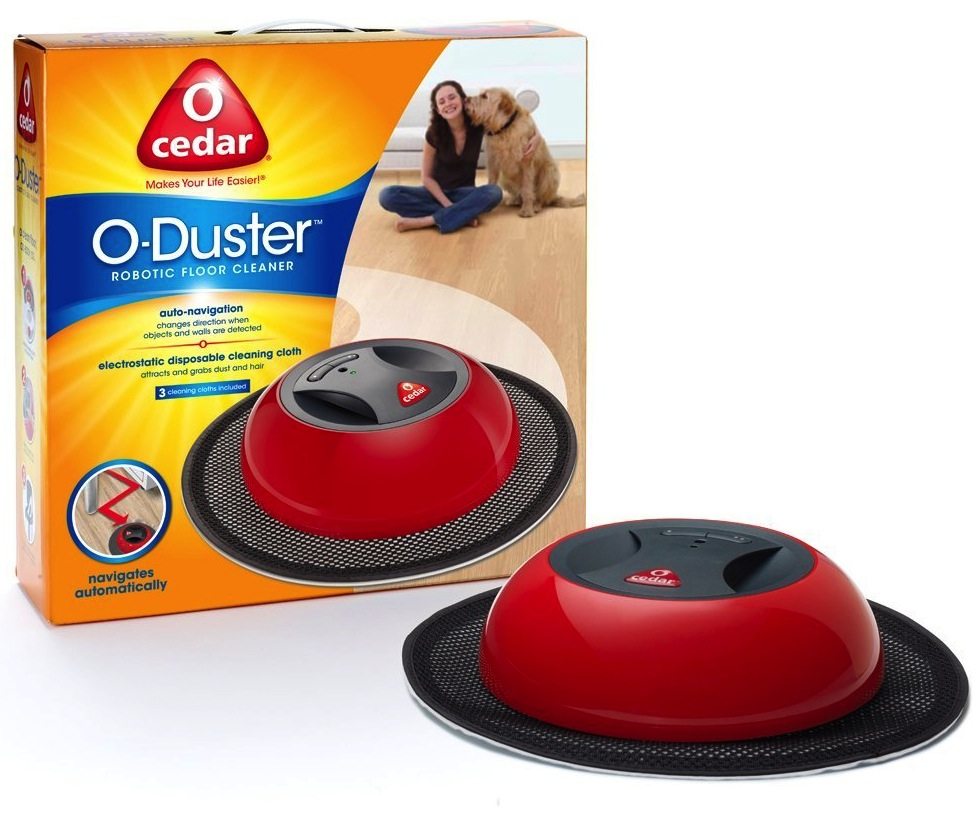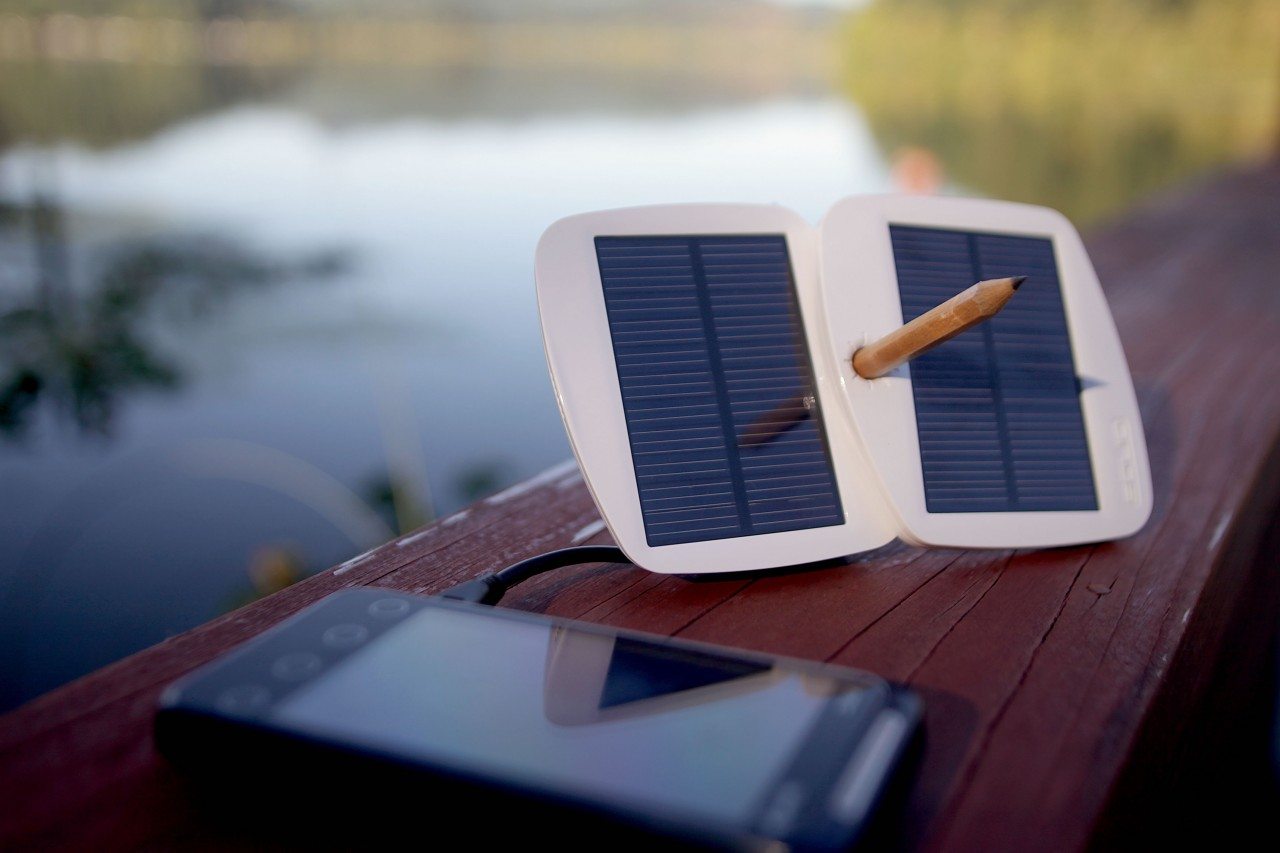Trying to figure out the question, “How do robot vacuums work?” or “How long do robot vacuums last?” These marvelous machines are a great example of how far technology has come since the vacuum cleaner was first invented. Figuring out how they work is a great step in the right direction for investing in your very own robotic cleaning system. Additionally, always invest in a higher-end vacuum cleaner if you can.
KEY TAKEAWAYS:
- There are two ways that robot vacuum cleaners can find their way around your house: using sensors and using smart-map features.
- Robotic vacuums tend to last between 4-6 years with higher-end models lasting far longer than their cheaper counterparts.
- You will still need to deep clean your house using a regular vacuum since robotic vacuums should only be relied upon for daily spot cleaning as you need it.
How Do Robot Vacuums Work?
These vacuums work in the same way that regular vacuum cleaners work, and are quite similar to how a central vacuum works. The big difference is that robotic vacuum cleaners are able to navigate on their own. That is, of course, a handy feature to have when you are busy enough to need to schedule cleanings. Having trouble maintaining a cleaning cycle for your home? Robot vacuums might be the answer you need.
How Robot Vacuums Navigate
Since the biggest difference between traditional vacuums and robot vacuums is the latter’s ability to self-operate, that’s what we’ll be focusing on. There are a couple of different ways that robot vacuums find their way around: sensors and smart-mapping.
Explaining Sensors
Your robot vacuum will come with a variety of sensors used in the pursuit of finding their way around your home. Here are a few of the sensors that they use:
- Cliff Sensors: Using an infra-red light on the floor, the vacuum will figure out if there is a sudden drop in front of them. This keeps them from falling off of stairs or ledges
- Bump Sensors: Once your robot bumps into a wall or object, its bump sensor will activate to keep it from trying to go in that same direction and bumping into the obstacle again.
- Wall Sensors: A wall sensor works similarly to a cliff sensor. Instead of looking for drop-offs, it instead figures out where the wall is so the robot can travel alongside it.
Insider Tip
There are a couple of different ways that robot vacuums find their way around: sensors and smart-mapping.
Explaining Smart-Map Features
Higher-end units may come with smart-map features. These only come equipped with a smart vacuum cleaner and are a huge reason to budget for a better model.
Drawbacks of Robotic Vacuums
There are always cons to think about when it comes to the functionality of your favorite robot vacuums. While they can be marvelous at getting daily cleaning done, there are a couple of drawbacks to keep in mind. One of the biggest ones is what to do if you need robot vacuum repair, as these devices need a professional to fix them up.
Inability to Climb Stairs
Out of the dozens of robot vacuums available, none of them are able to climb stairs. This means that you will either need to move it manually or have a robot vacuum for every floor. It is hopeful in the future that engineers will find a way around this. In the meantime, make sure to plan ahead if you have multiple stories in your home.
Cannot Perform Deep Cleaning
So, how often should you vacuum? You should still have scheduled cleanings to make sure your home stays in tip-top shape. You’ll want to have a regular vacuum that can give you a deeper clean since robot vacuums just are made for cleaning efficiency rather than deep cleaning.
Warning
There are always cons to think about when it comes to the functionality of your favorite robot vacuums.
F.A.Q.
Are robot vacuums worth the money?
This depends largely on your available budget. However, if you can afford a nice model, robotic vacs are absolutely worth the money they cost. It is recommended that you invest in a higher-end model rather than an affordable model. This is because the features that luxury robotic vacuums come with are incredibly useful and significantly better, which is not always true of luxury goods.
How does a robot vacuum navigate your house?
There is a method to the madness that most robotic models will create in their wake. Two ways exist for a robotic vacuum to find its way around your house: using sensors, and using smart-map features. Every model is a little different and the path they take to clean your house will also be different as a result.
How long do robot vacuums last?
A wide range exists for the longevity of robot vacuums. You can generally expect them to last anywhere between 4-6 years. This will fluctuate depending on the model that you end up investing in. This is partially why it’s such a good idea to skip the basic model and go straight for a luxury option.
Do you want a “smart” robot vacuum?
At the end of the day, your budget will best determine what you’re able to purchase. As mentioned previously, the higher-end models are always a better investment. They have better longevity, are more accurate in clean-up, and come with “smart” features. This means they might have apps to control them and alert you when their cliff sensor goes off and far better smart-map features.
STAT: That said, the Roomba robot vac removed an average of 71% of sand from our medium pile carpet while vacuuming. (source)

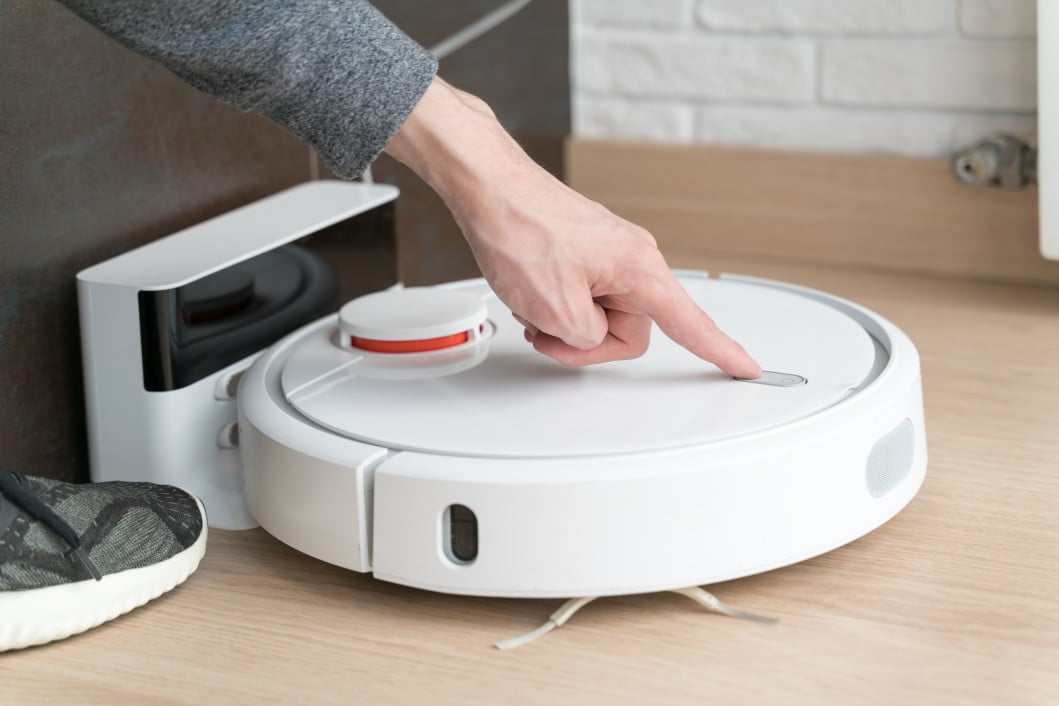













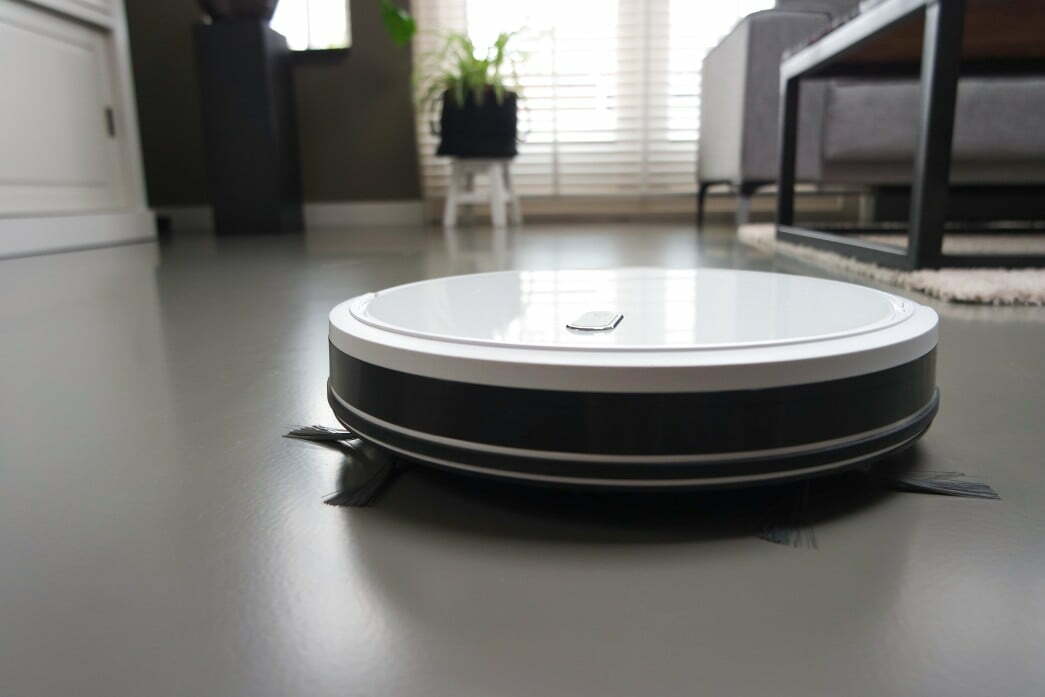
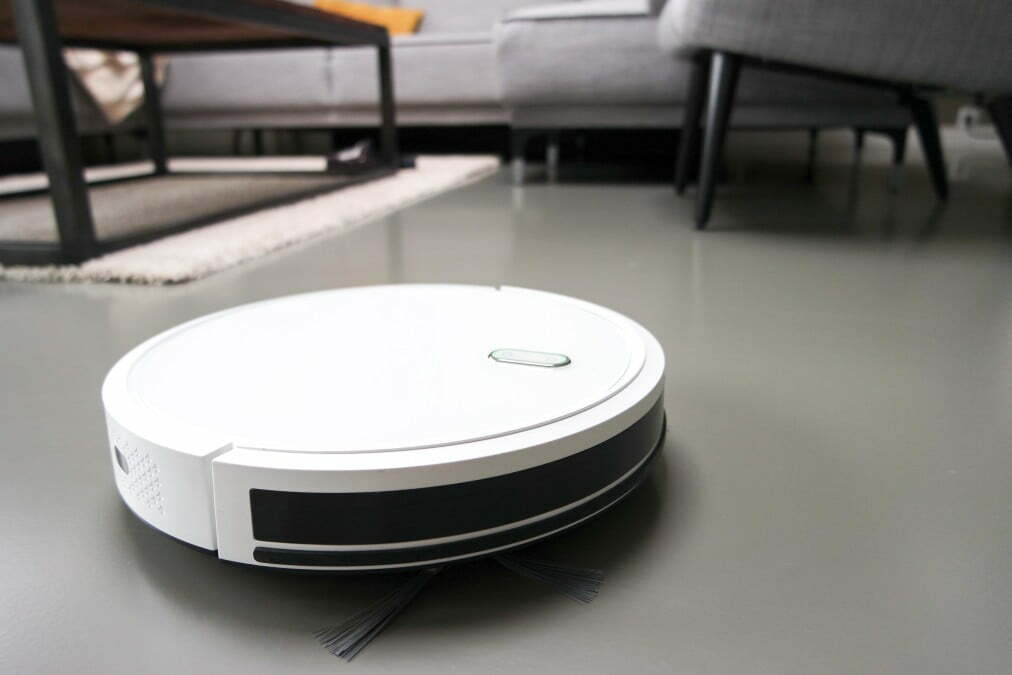
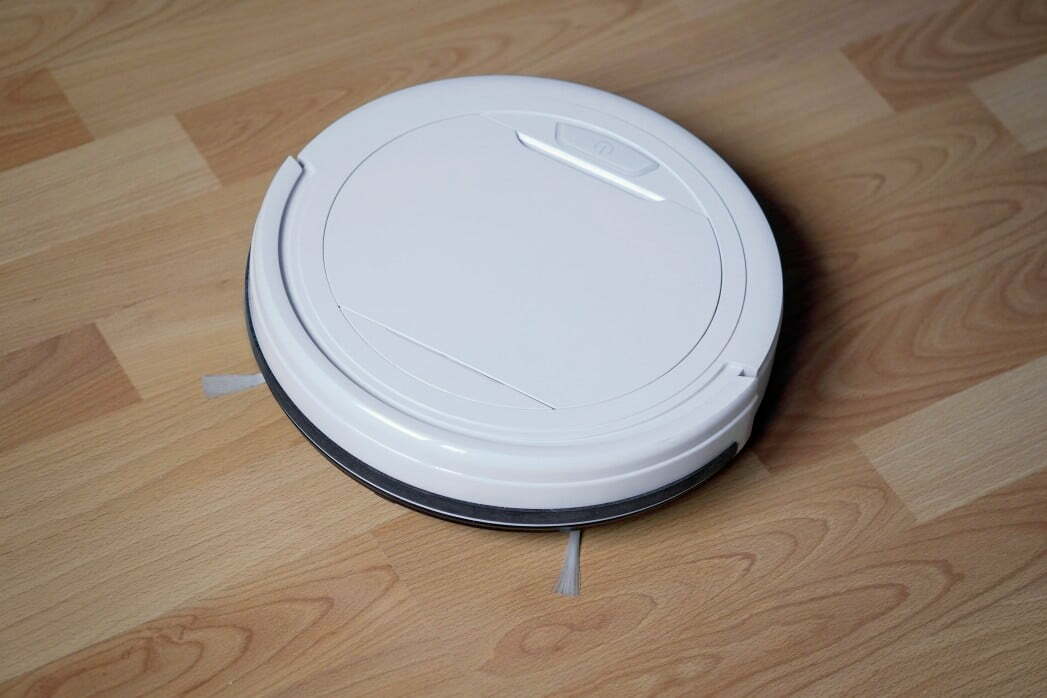
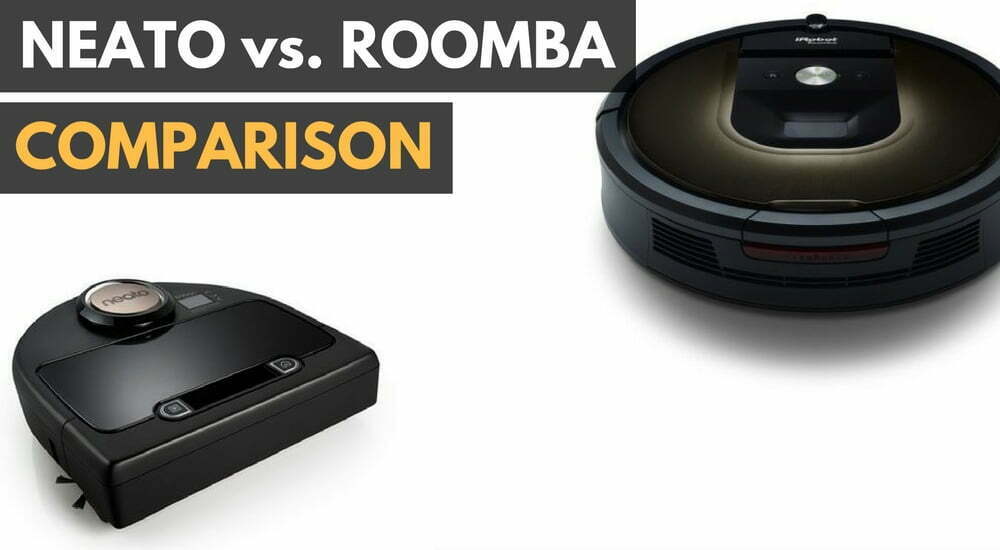
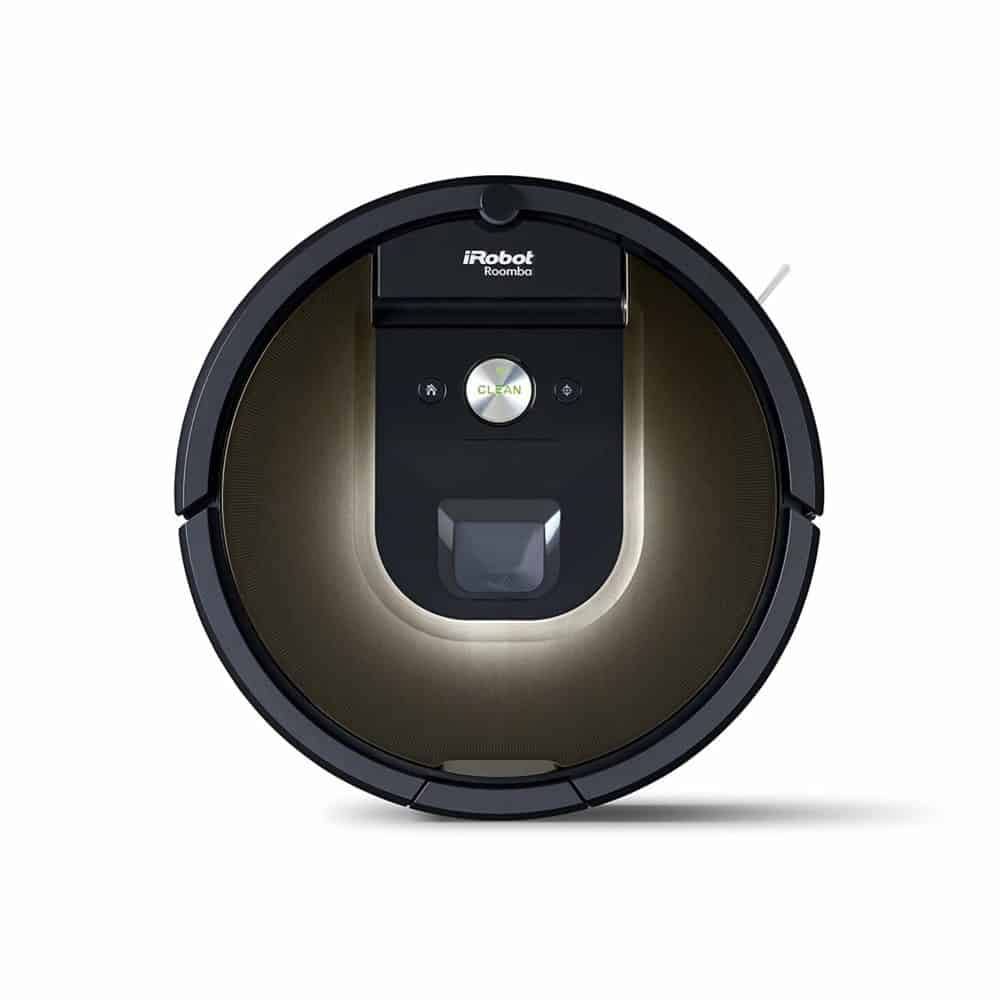
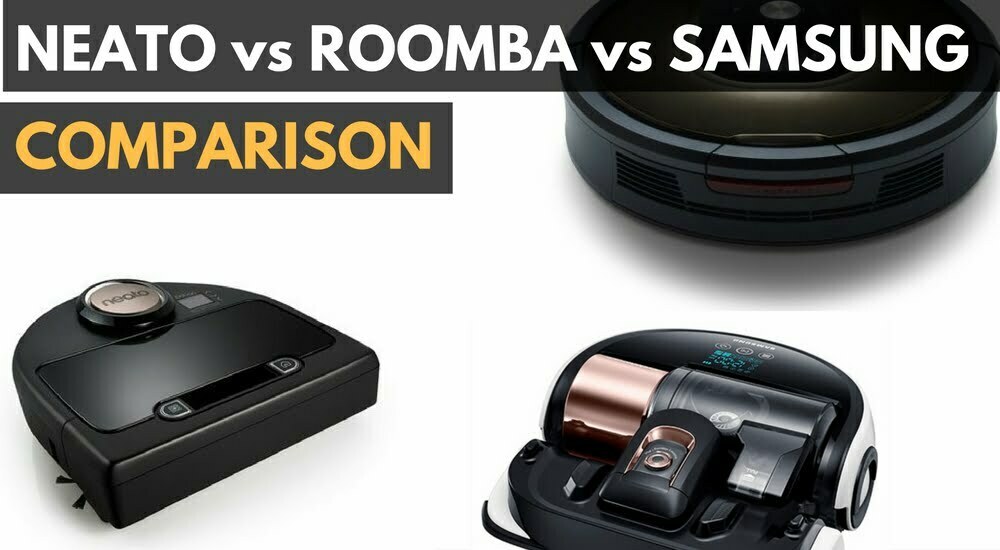

![Best Bissell Vacuum in [year] 15 Best Bissell Vacuum in 2026](https://www.gadgetreview.dev/wp-content/uploads/best-bissel-vacuum-image.jpg)
![Best Miele Vacuums in [year] 16 Best Miele Vacuums in 2026](https://www.gadgetreview.dev/wp-content/uploads/best-miele-vacuum-image.jpg)
![Best iRobot Vacuums in [year] 17 Best iRobot Vacuums in 2026](https://www.gadgetreview.dev/wp-content/uploads/best-irobot-vacuum-image.jpg)
![Best Vacuum with Retractable Cord in [year] 18 Best Vacuum with Retractable Cord in 2026](https://www.gadgetreview.dev/wp-content/uploads/best-vacuum-with-retractable-cord-image.jpg)
![Best Insurance for Home Appliances in [year] 19 Best Insurance for Home Appliances in 2026](https://www.gadgetreview.dev/wp-content/uploads/best-insurance-for-home-appliances.jpg)
![Best Insurance for Homeowners in [year] 20 Best Insurance for Homeowners in 2026](https://www.gadgetreview.dev/wp-content/uploads/best-insurance-for-homeowners.jpg)
![Best Self Propelled Vacuums in [year] 21 Best Self Propelled Vacuums in 2026](https://www.gadgetreview.dev/wp-content/uploads/best-self-propelled-vacuum-image.jpg)
![Best Commercial Leaf Vacuums in [year] 22 Best Commercial Leaf Vacuums in 2026](https://www.gadgetreview.dev/wp-content/uploads/best-commercial-leaf-vacuum-image.jpg)
![Best Vacuums for Cat Litter in [year] 23 Best Vacuums for Cat Litter in 2026](https://www.gadgetreview.dev/wp-content/uploads/best-vacuum-for-cat-litter-image.jpg)
![Best Robot Vacuums for Long Hair in [year] 24 Best Robot Vacuums for Long Hair in 2026](https://www.gadgetreview.dev/wp-content/uploads/best-robot-vacuum-for-long-hair-image.jpg)
![Best Dorm Vacuums in [year] 25 Best Dorm Vacuums in 2026](https://www.gadgetreview.dev/wp-content/uploads/best-dorm-vacuum-image.jpg)
![Best Vacuums for Fleas in [year] 26 Best Vacuums for Fleas in 2026](https://www.gadgetreview.dev/wp-content/uploads/best-vacuum-for-fleas-imagre.jpg)
![Best Robot Vacuum for Thick Carpet in [year] 27 Best Robot Vacuum for Thick Carpet in 2026](https://www.gadgetreview.dev/wp-content/uploads/roomba.jpg)
![Best RV Vacuums in [year] 28 Best RV Vacuums in 2026](https://www.gadgetreview.dev/wp-content/uploads/best-rv-vacuum-image.jpg)
![Best Vacuums for Apartment in [year] 29 Best Vacuums for Apartment in 2026](https://www.gadgetreview.dev/wp-content/uploads/best-vacuum-for-apartment-image.jpg)
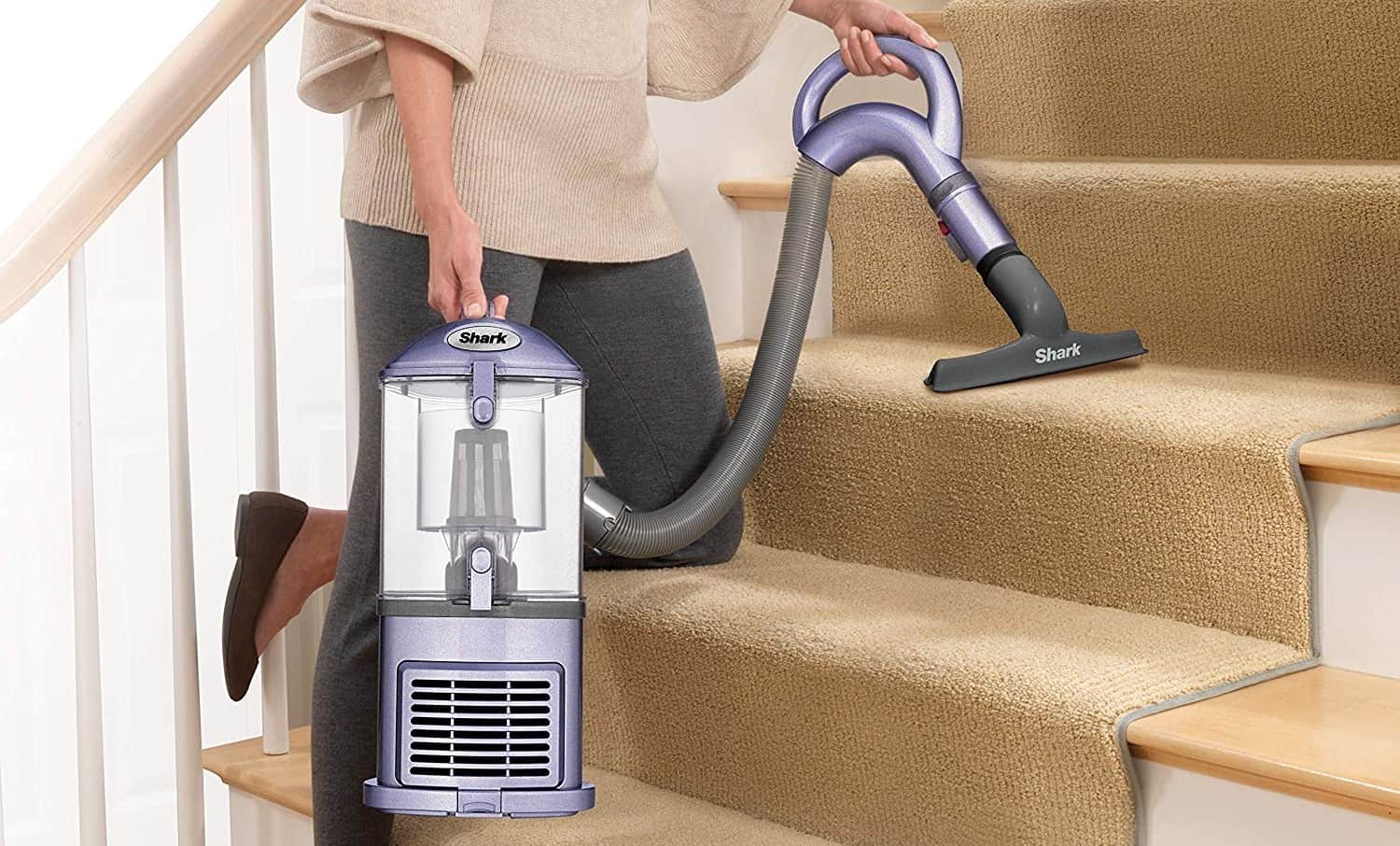
![Best HEPA Vacuums in [year] 31 Best HEPA Vacuums in 2026](https://www.gadgetreview.dev/wp-content/uploads/best-hepa-vacuum-image.jpg)
![Best Water Filtration Vacuums in [year] 32 Best Water Filtration Vacuums in 2026](https://www.gadgetreview.dev/wp-content/uploads/best-water-filtration-vacuum-image.jpg)
![Best Vacuums for Dust Mites in [year] 33 Best Vacuums for Dust Mites in 2026](https://www.gadgetreview.dev/wp-content/uploads/best-vacuum-for-dust-mites-image.jpg)
![Best Vacuums for Concrete Floors in [year] 34 Best Vacuums for Concrete Floors in 2026](https://www.gadgetreview.dev/wp-content/uploads/best-vacuum-for-concrete-floors-image.jpg)
